What comes to your mind when you see a 200 rupee note? How do you spend it? Is it a big spend or it just goes away in everyday expense? Does it differ between men and women? I asked the same question to a set of people and here’s what they had to say about it.
As a part of the India Fellow program, I joined Kutch Mahila Vikas Sangathan (KMVS) in Bhuj, Kutch which works on the financial inclusion of women. Here, I’m closely engaged with a federation – it is a women’s collective called Sakhi Sangini.
Primarily started to cater to the needs of women in urban areas of Kutch, Sakhi Sangini now has 125 active self-help groups (SHGs), locally known as bachat mandals. These are groups of 10-15 women each where they save 200 rupees per woman per month and take loans from this collective savings when they need it. They make their own rules and hold each other accountable in case of default. The number and amount of installments are also mutually decided with an interest rate of 2% per month. Once they pay the loan, they can reapply for it again as per their need.
The need for these groups as a financial tool came up because individual loans are much harder to get, plus banks have a long and intimidating process. They also don’t give micro-loans of amounts like rupees 5,000 or even 20,000. Microfinance companies do that but at a much higher interest rate. The same applies to a moneylender. These other service providers have their share of advantages and SHG has its own.
Read more from Kutch: How The Khatris Are Bringing Josh To Rogan
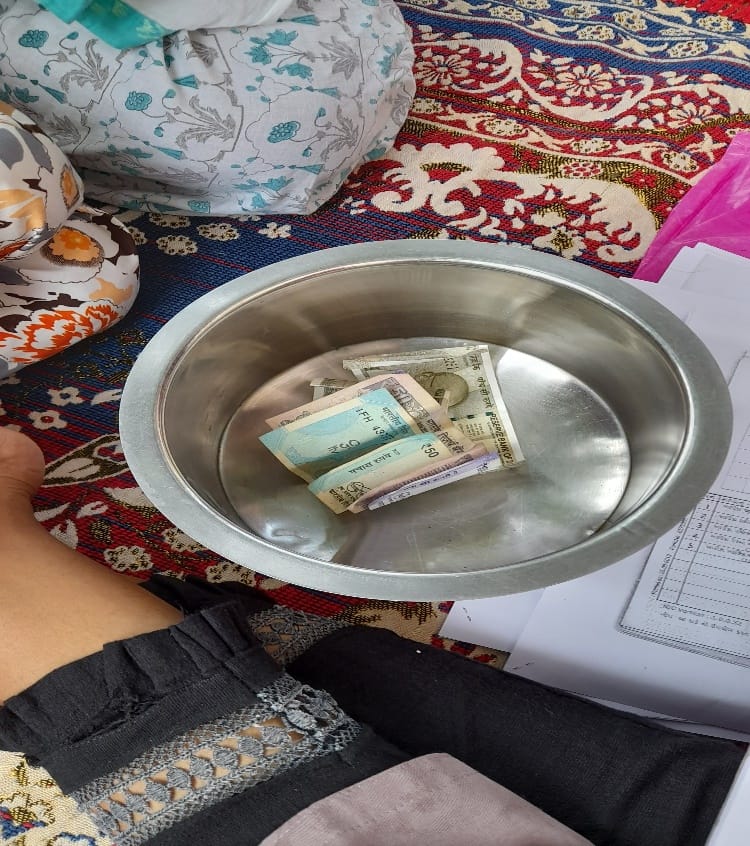
The savings with the group gives women a sense of stability, ownership, and belonging. It is also a reliable source for interloaning as everyone knows everyone else. Some of these groups have been running for the last 12 years and some are fairly new. Each group has a unique name like Dosti, Gulzar-e-Madina, and Raghuvansi. I met these groups during their monthly meetings where they gather to discuss both their social and economic issues.
Across different areas of Kutch, women told me that with these 200 rupees they were able to do things that once felt like a dream. Many of them could start their own business, educate their children, complete their own education and build a pakka house.
Here are 3 stories that stayed with me:
Faridha Abdul Karim Sidi
Faridha ben dropped out of school after 10th standard due to family issues. But for her, the learning never ended. Soon after school, she started taking vocational classes where she learned Bandhani – a type of tie-dye textile decorated by plucking the cloth with fingernails into many tiny bindings. She also learned the art of drawing mehndi designs as well as stitching designer cushions. Along with this, she used to give tuition classes to kids in kindergarten.
As her teaching skills improved, she worked as a vocational skills teacher at Jan Shikshan Sansthan. Even after working there for 7 years, she couldn’t come out of the comfort zone and gather courage to speak to people outside her area. Around that time, she met one of the team members at KMVS who helped her connect with Sakhi Sangini.
Initially, she joined as a ground staff where she was responsible for all the calculations regarding loans and savings, maintaining accounts and keeping a financial record. She also received a year-long training to do these things well. Additionally, she learned about governance structure, the Indian constitution, need for development in India and self-awareness.
After completing her training, she helped in activating an otherwise dormant group and also created 3 more groups. Now she manages a group named Dosti, where 11 women are associated currently. All of this helped Faridha ben gain her sense of individuality, confidence, courage, and a new way of learning.


The women’s collective recognized her skills in communication, negotiation, conflict resolution, positive thinking as well as a creative approach. They hired her as a full-time employee. At present, she leads and monitors 22 groups, i.e. around 250 women. She is a core team member of the collective, and to fulfil her aspirations, is learning to operate a computer. Recently, she also went for an exposure visit to various organizations in Udaipur to learn about their best practices to run a collective.
The monthly savings of 200 rupees at one point changed Faridha ben’s life in so many ways that she could never have imagined.
Ganga Ben And Jyoti Ben
This mother-in-law and daughter-in-law duo runs a successful business of making mehendi cones at home for the last 22 years. However, in the initial days, the business was on the verge of shutting down. They live in an area where a majority of people follow Islam. During Ramadan month, there is less demand from customers for mehendi cones and just before Eid, there is a huge demand.
As they can’t sell much during Ramadan, they have limited cash in hand to buy raw materials required to make cones for eid. During one such crunch time 12 years ago, Ganga ben joined a group, one of the oldest in Bhuj. There, she started saving 60 rupees a month which gradually increased to 100 and now 200 rupees every month.
As a group member, she now takes a loan of 20-25 thousand rupees during the month of Ramadan and pays it back in installments within 10-12 months.
SHG is the backbone of my business. If not for it, my business would’ve shut down years ago. We have now linked our business with wholesalers in nearby areas and directly sell the products to them.
Ganga ben
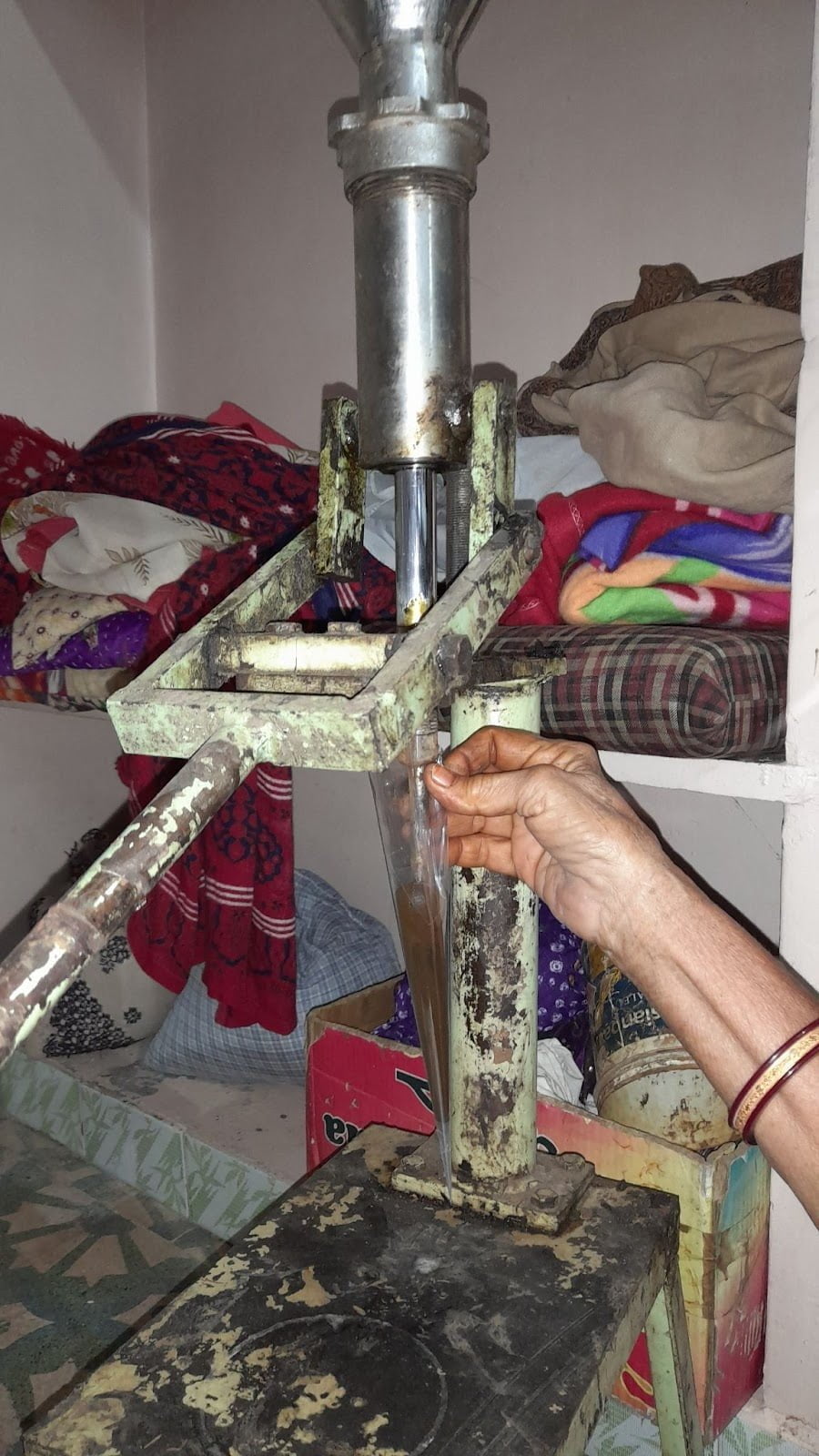
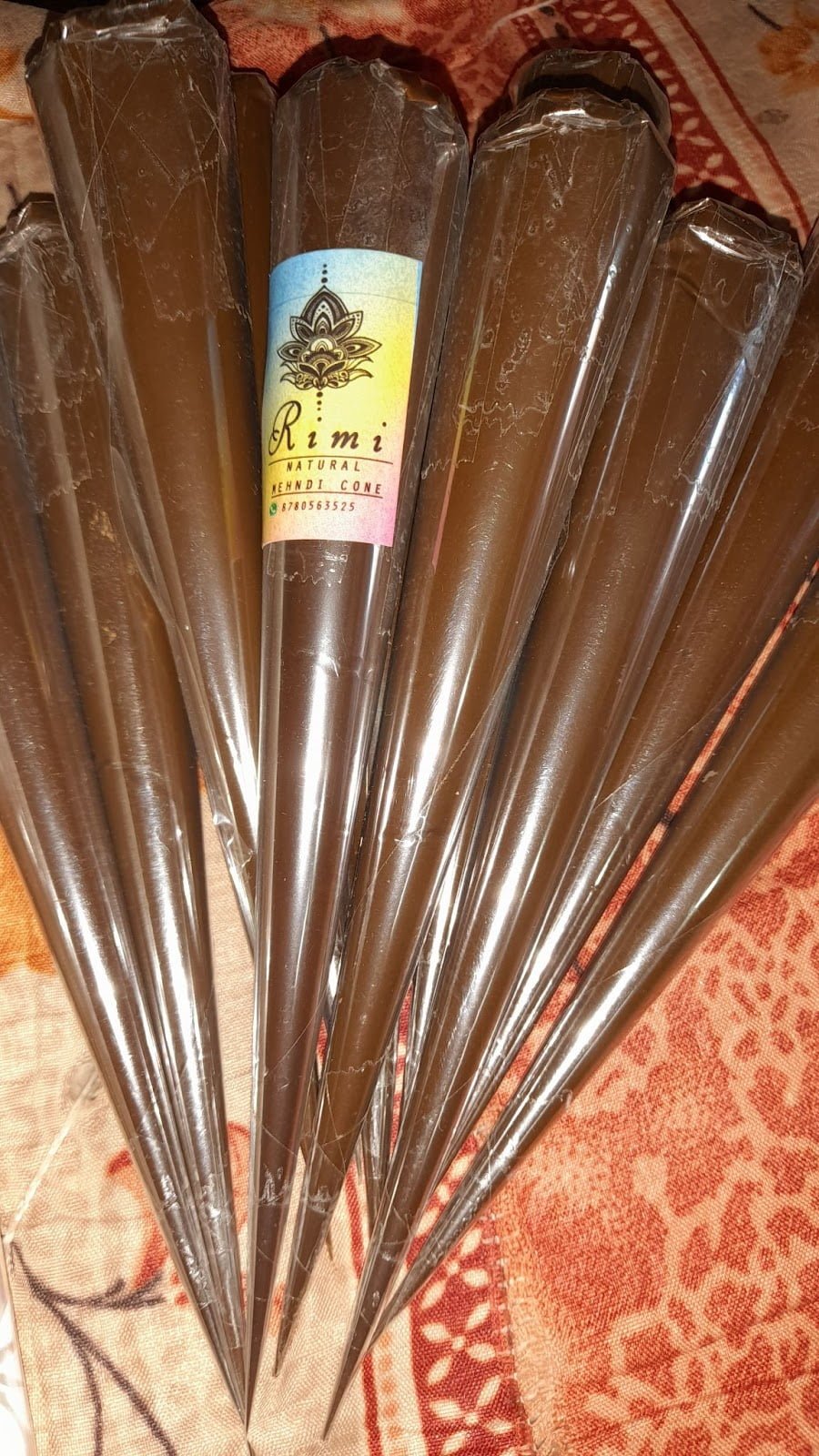
Jesu Ben And Aneesha
A few years back, Jesu ben used to sell clothes on the streets of Bhuj. At that time, she was living in a rented space with her daughter Aneesha who had completed her school education and aspired to join the Gujarat police force. She even filled out the exam form and was supposed to travel to Rajkot for it. The estimaed cost to reach Rajkot from Bhuj was 3000 rupees. They couldn’t afford it.
At that time, the local SHG, Mahadev bachat mandal came forward and supported Jesu ben by giving her a loan of 3000 rupees. Aneesha went to Rajkot and got selected for a position with the Gujrat traffic police. Jesu ben then started saving 200 rupees every month with the SHG. They both now own a house. Looking back, Jesu ben says, “200 rupees gave wings to my daughter’s and my dreams.”
Being associated with the SHGs and saving a small amount month on month for several years has helped these women change their lives. Next time when I have 200 rupees in my hand, I will put some thought before spending it. Till now, the amount did not feel like a big amount. But now I know that it can make a large impact.

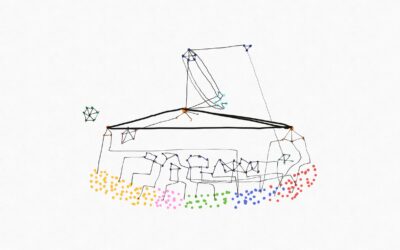

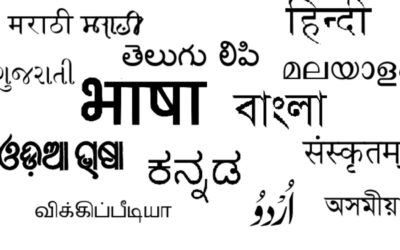
0 Comments